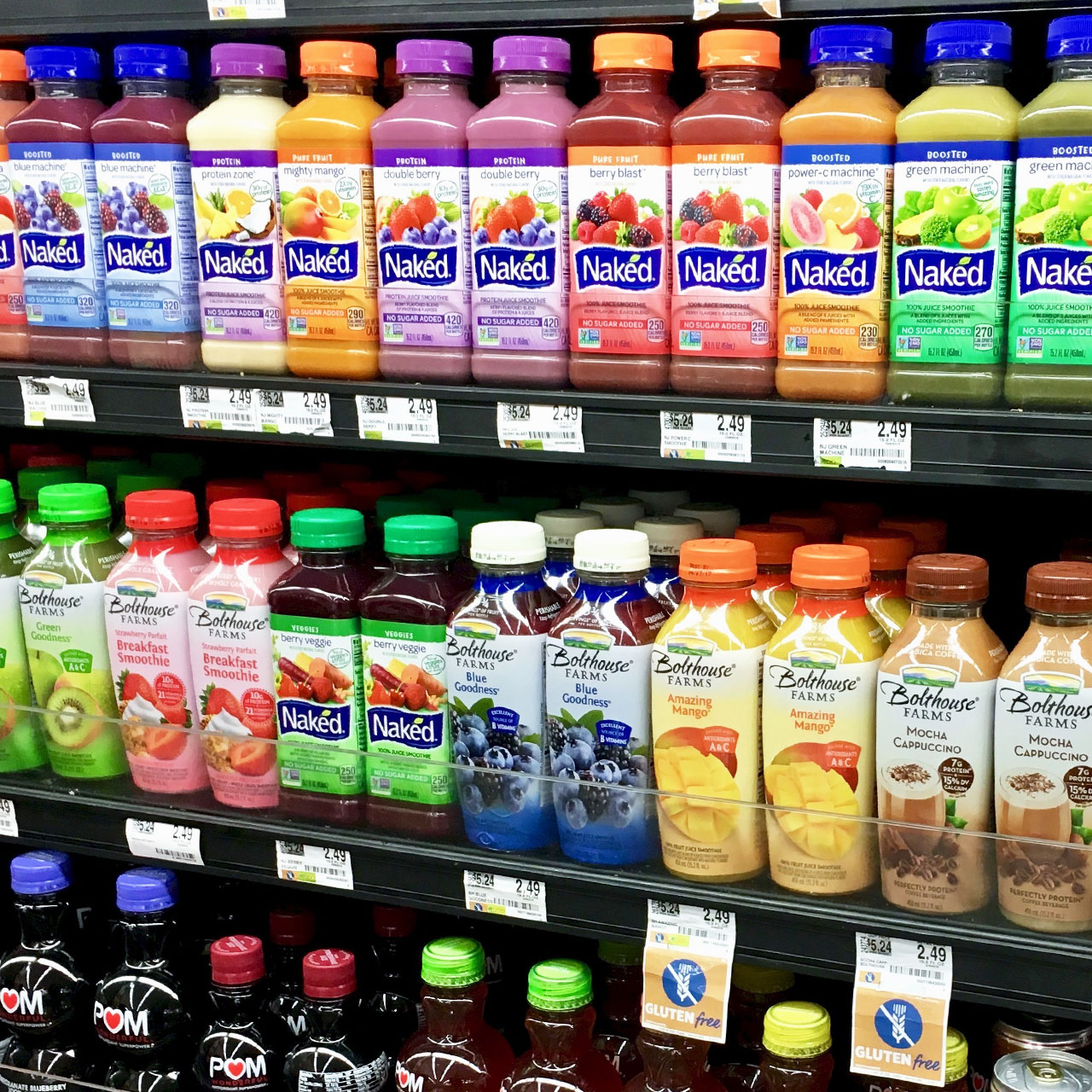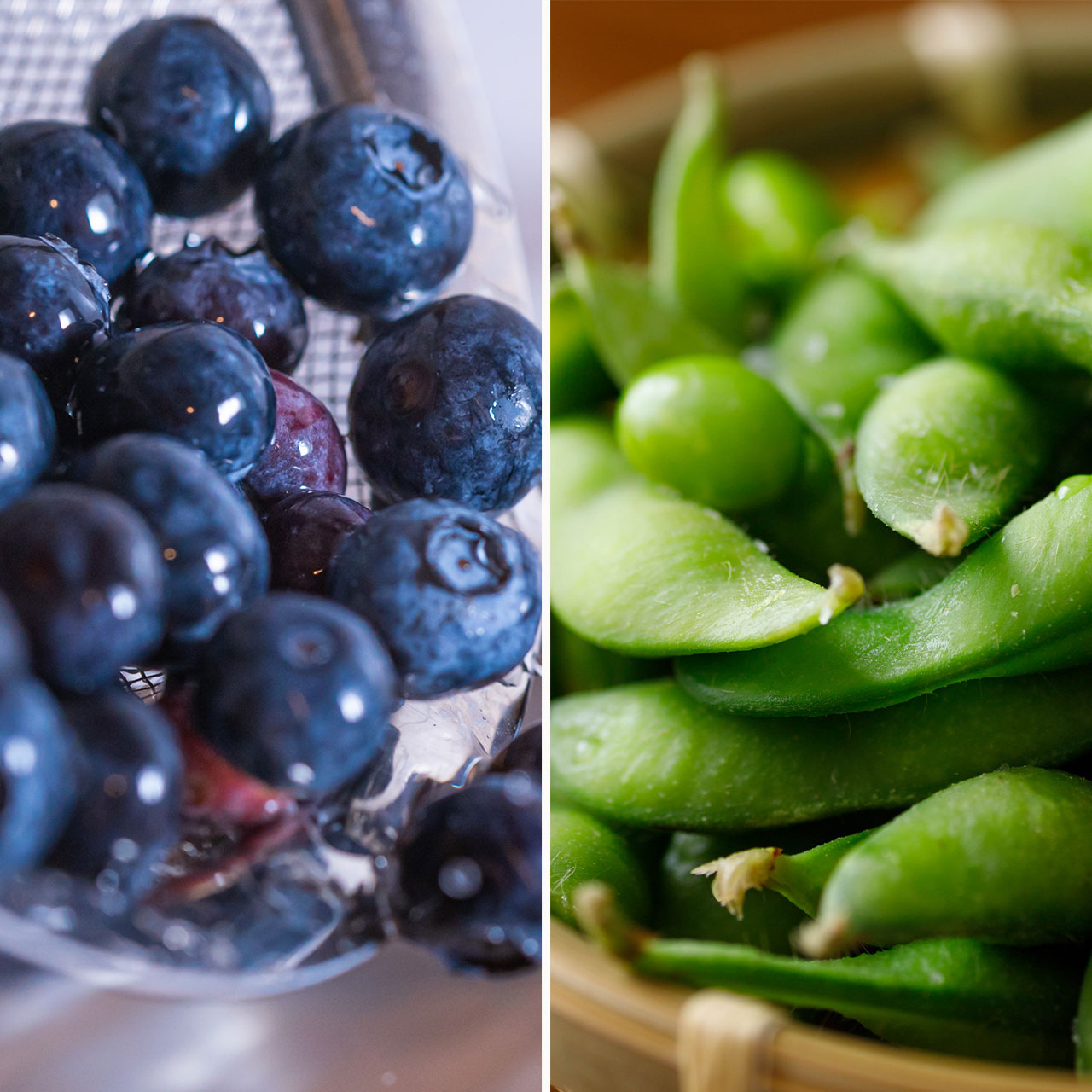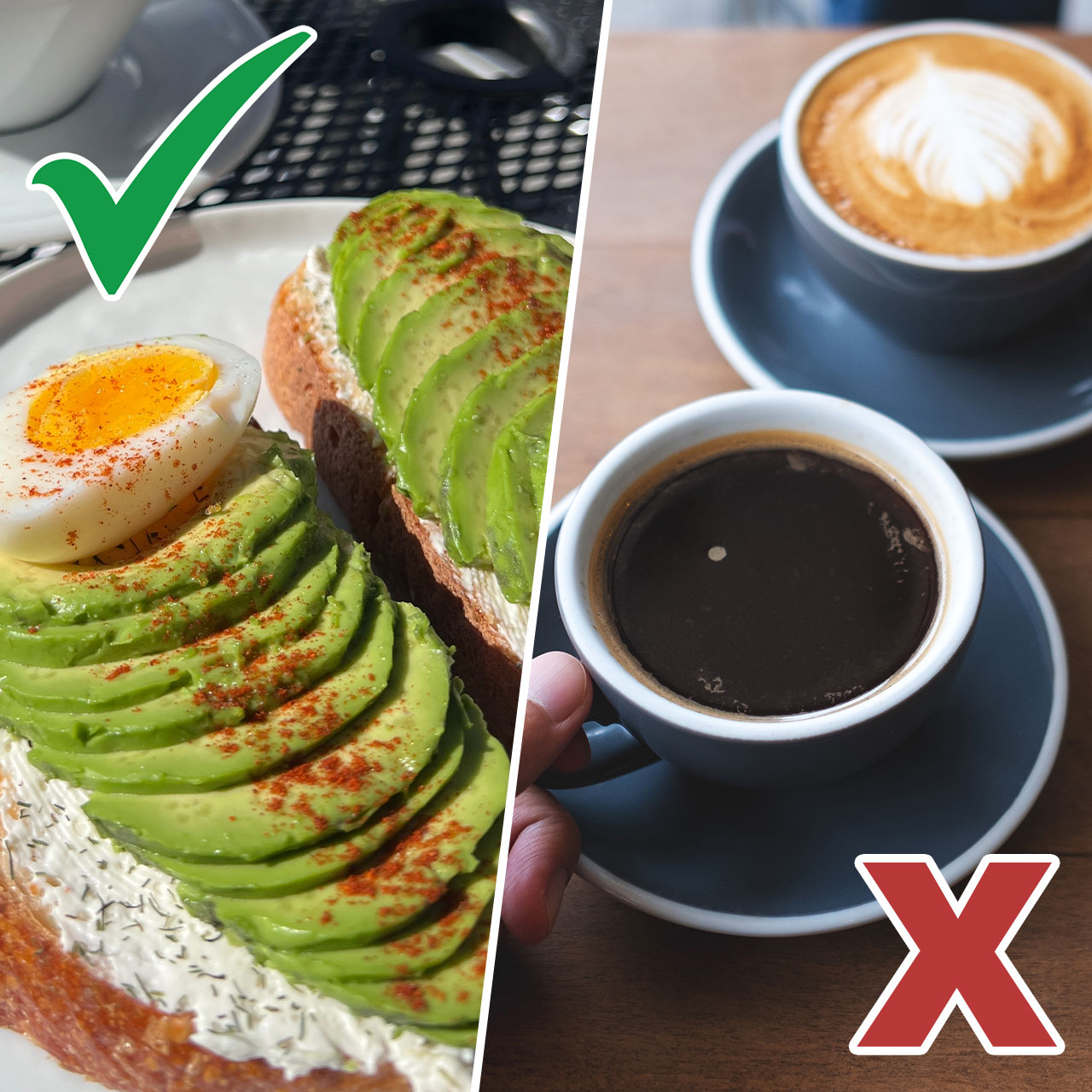The kidneys are an important organ in the body that play a very important role in filtering waste and maintaining overall health by balancing fluids and electrolytes and removing toxins from the bloodstream.
However, certain common foods and drinks can put stress on your kidneys, impairing their function over time. High-sodium foods, sugary beverages, and processed meals are just a few examples of foods that can negatively impact kidney health (and potentially cause painful kidney stones!).
We checked in with Dr. Michael Lahey, a physician at My Weight Loss Partner, to learn about three types of foods that could be damaging to the kidneys. He revealed that high-sugar drinks such as soda and energy drinks, processed meats like bacon, sausage, and hot dogs, and high-oxalate foods such as spinach, beets, and nuts are the ones to minimize. Read on to learn more.

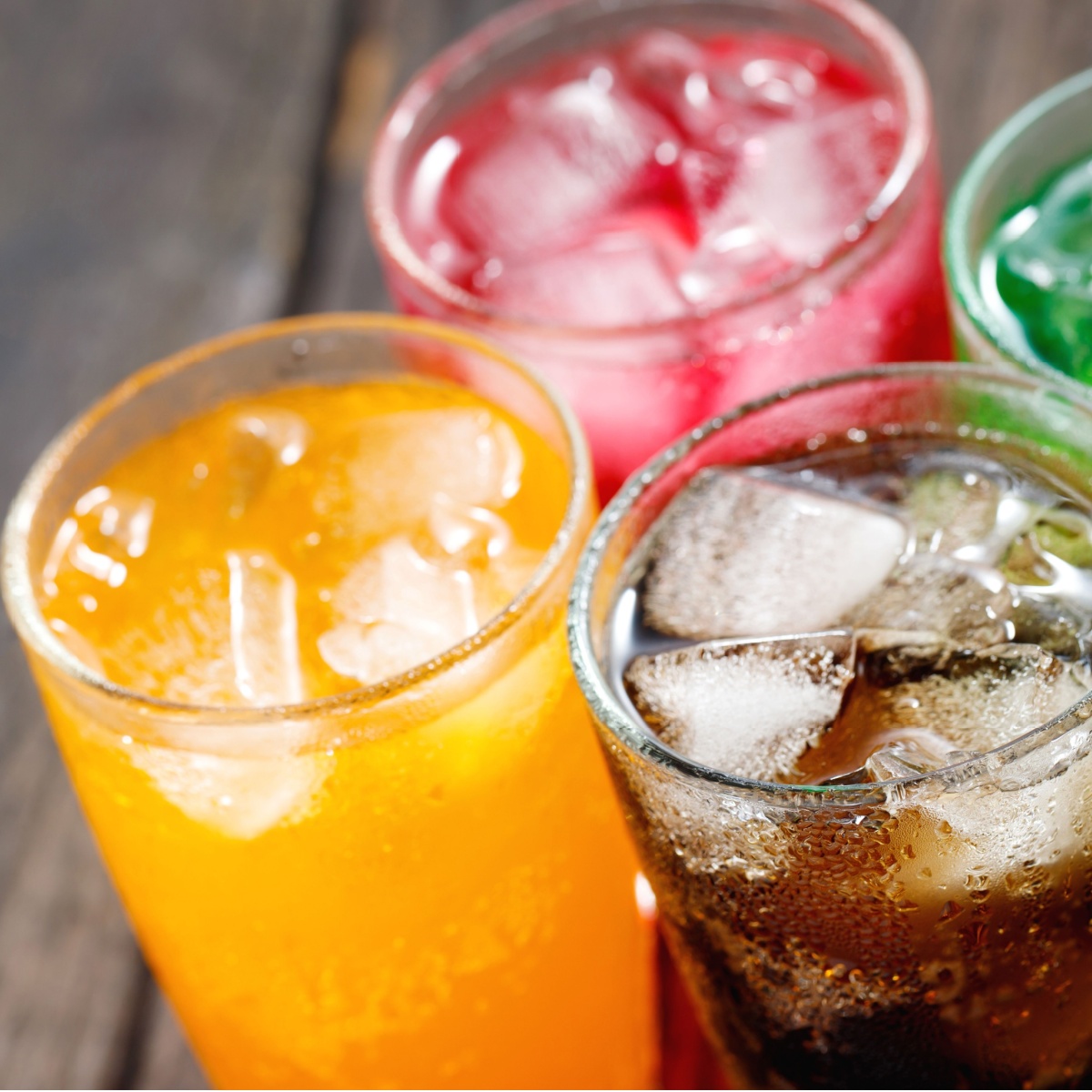
1. Sugary Drinks (Sodas and Energy Drinks)
Sugary drinks are a staple in every household thanks to their refreshing and addictive taste. But beverages such as sodas and energy drinks can damage the kidneys in many ways. These drinks are very high in added sugars, which can lead to obesity and insulin resistance, both of which increase the risk of developing type 2 diabetes—a major cause of kidney damage.
"They contain added sugars that cause obesity and insulin resistance in the body. Both conditions are considered to be precursors of chronic kidney disease because both conditions put stress on the kidney’s filtration function," Lahey notes.
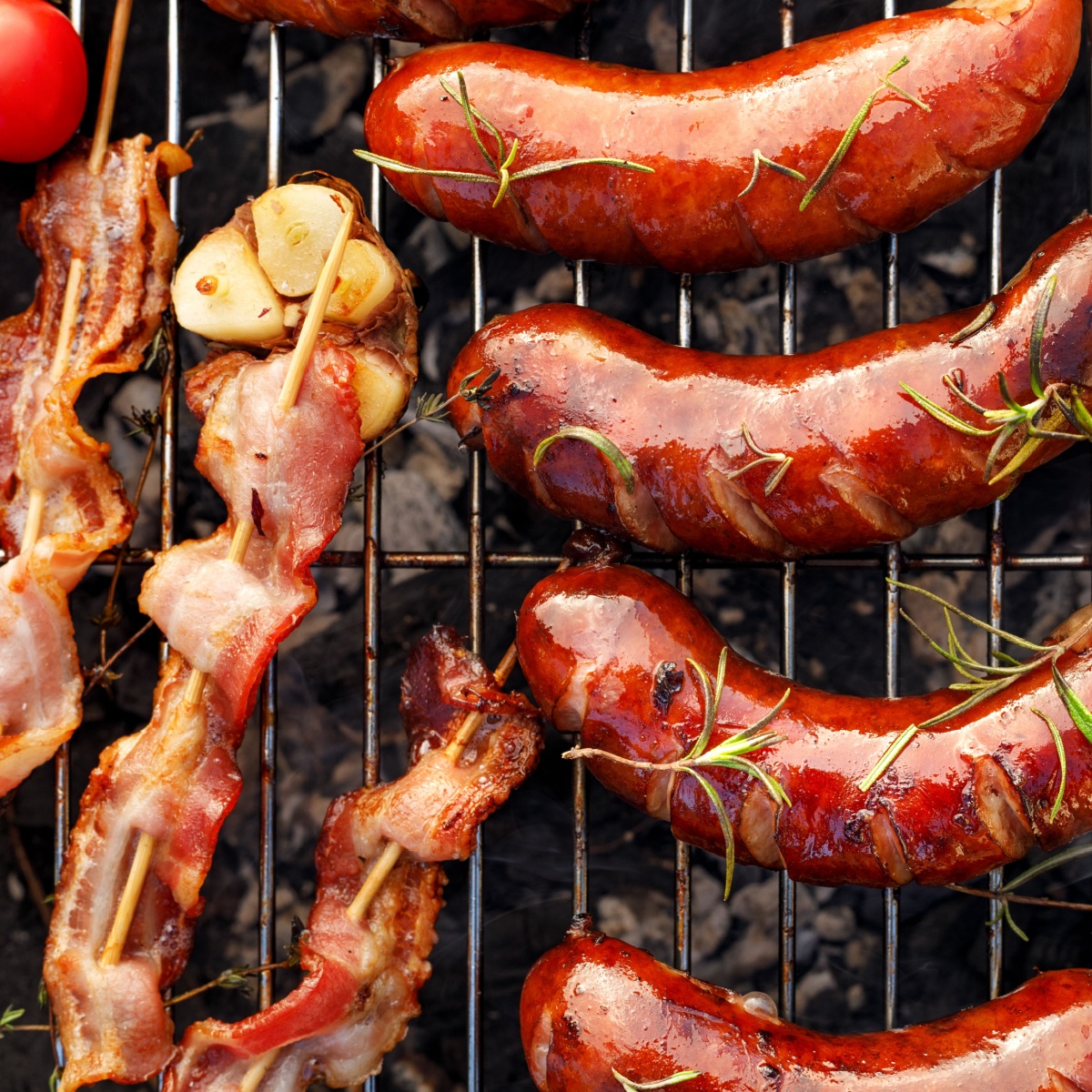
2. Processed Meats (Bacon, Sausages, and Hot Dogs)
Processed meats such as bacon, sausages, and hot dogs are definitely delicious, but their high levels of sodium, unhealthy fats, and preservatives can negatively impact our health and kidneys. These meats are often packed with salt, which can raise blood pressure and strain the kidneys, potentially leading to kidney disease over time. The high sodium levels also force the kidneys to work harder to balance fluid levels in the body, increasing the risk of kidney damage.
"They contain so much sodium and preservatives that cause high blood pressure, hence leading to kidney failure in the long run. Sodium leads to increased load on the kidneys to filter out the excess salt from the body, and it leads to the reduction of its function," says Lahey.
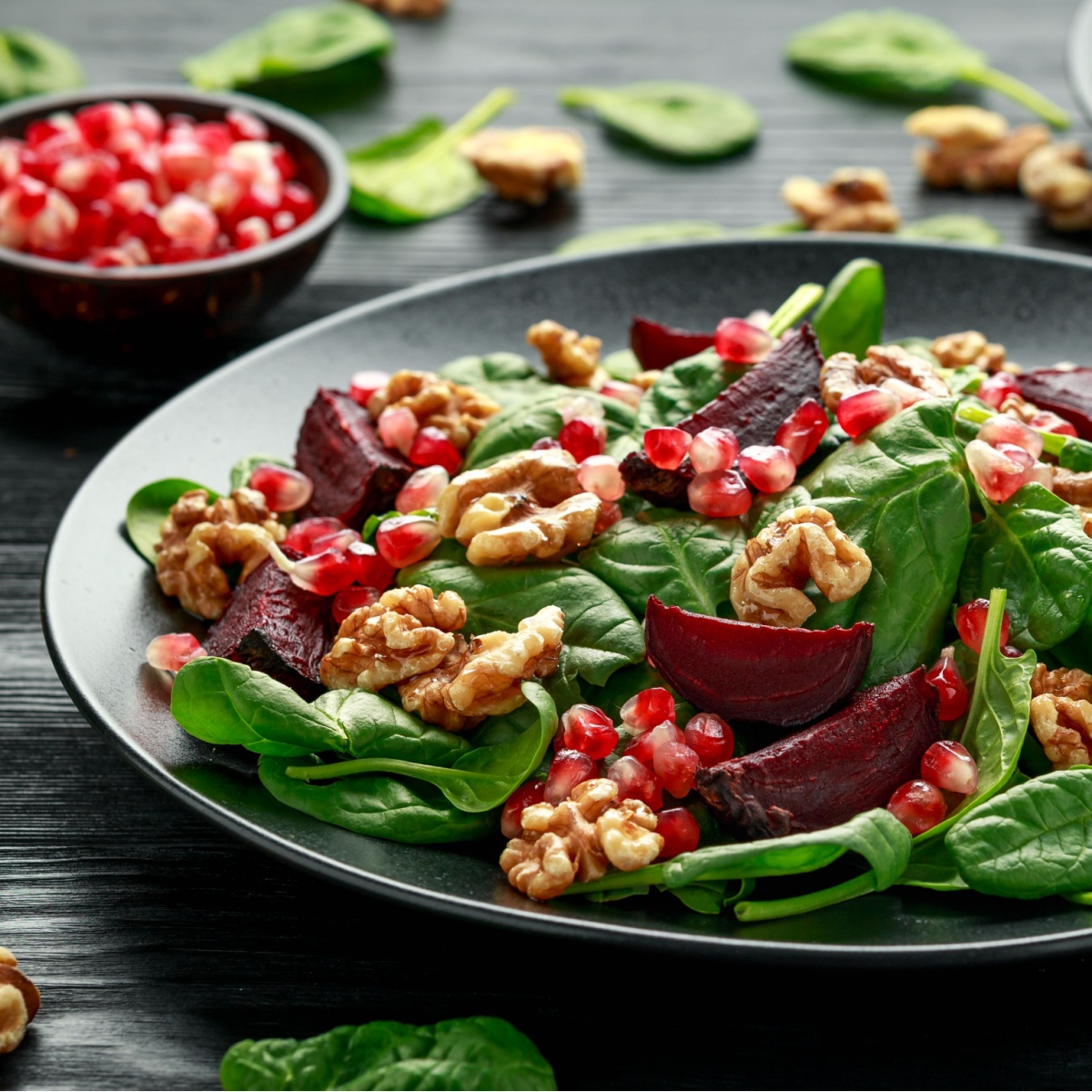
3. High-Oxalate Foods (Spinach, Beets, and Nuts)
We all love a good beet salad topped with nuts and spinach, but these high-oxalate foods can cause problems for your kidneys by increasing the chance of kidney stones. Oxalates are compounds found in certain foods, and when you eat way too much of them, they can combine with calcium in your kidneys and form those painful stones. These stones might even damage your kidneys if they block things.
If you have a history of kidney stones, keeping an eye on how much oxalate-rich food you eat could help protect your kidneys.
Lahey elaborates further and says, "Although these foods are beneficial in day-to-day diets, it is well known that oxalate-forming foods promote the formation of kidney stones. With time, a person experiences a recurrence of the stone, which may affect the structure and the performance of the kidney in the long run."
The Bottom Line
The important thing to consider here is that moderation is key. Too much of any of these foods may put a strain on your kidneys, so it's important to eat a balanced diet and always stay hydrated.
Lahey recommends water, berries, and leafy greens such as kale and cabbage instead.
"Water also aids in the elimination of toxins in the body and also prevents the formation of kidney-related complications such as kidney stones. Berries are good for decreasing inflammation and preventing oxidative stress in the kidneys," he notes. As for leafy greens, he states that "these vegetables are potassium-sparing yet rich in nutrients that may favor kidney health. In general, they are not risky for oxalate overload." Noted!



